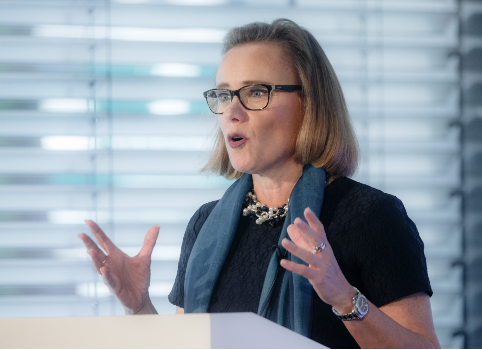Now the firm is threatening to pull out of future research projects worth double-digit millions of euros.
“Our investment in research is planned for the long-term,” Merck’s Portugal manager Fritz Sacher told Monday’s Financial Times Deutschland newspaper.
“Mutual trust is an important foundation for this,” he added. “But the Portuguese state’s unwillingness to pay undermines this trust.”
Portuguese state-run hospitals owe more than €1.5 billion in drugs bills, the paper said, while companies are waiting an average 550 days to get paid.
Other firms have already stopped delivering drugs without immediate payment, not only to Portugal but also Spain, Italy and Greece. Despite the bad publicity, some companies have refused to restock Portuguese and Spanish hospitals until debts are cleared.
But Merck has now found a different way to exert pressure on the Portuguese government, the FTD said. Portugal is of interest to pharmaceutical companies as it has well-trained and well-connected scientists, as well as good links between research institutes and hospitals. The government has also been trying to reduce bureaucracy, the paper said.
“The conditions for conceptual research and human studies are as good as in the US,” said Sacher. “But the price-performance ratio is much better here.”
A struggle is currently taking place between Portugal and the European Union, the International Monetary Fund and the European Central Bank over a mooted €78 billion rescue package.
The international bodies have included a clause in the package that new drugs bills are to be paid within 90 days, but the Portuguese authorities want to extend this time limit in return for paying off older debts.
Merck made it clear that the multi-million-euro research investment could be made somewhere else, which would not only be an immediate loss, but could also tempt talented Portuguese scientists to leave the country to follow the work, the paper said.
The Local/hc



 Please whitelist us to continue reading.
Please whitelist us to continue reading.
Member comments